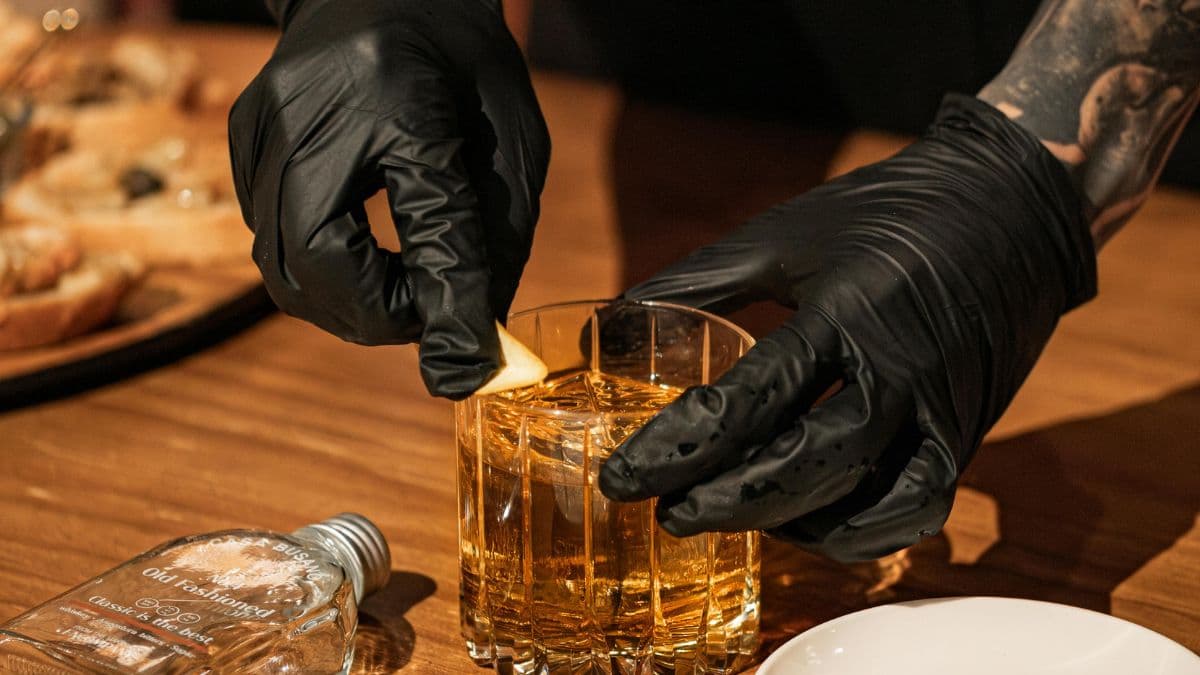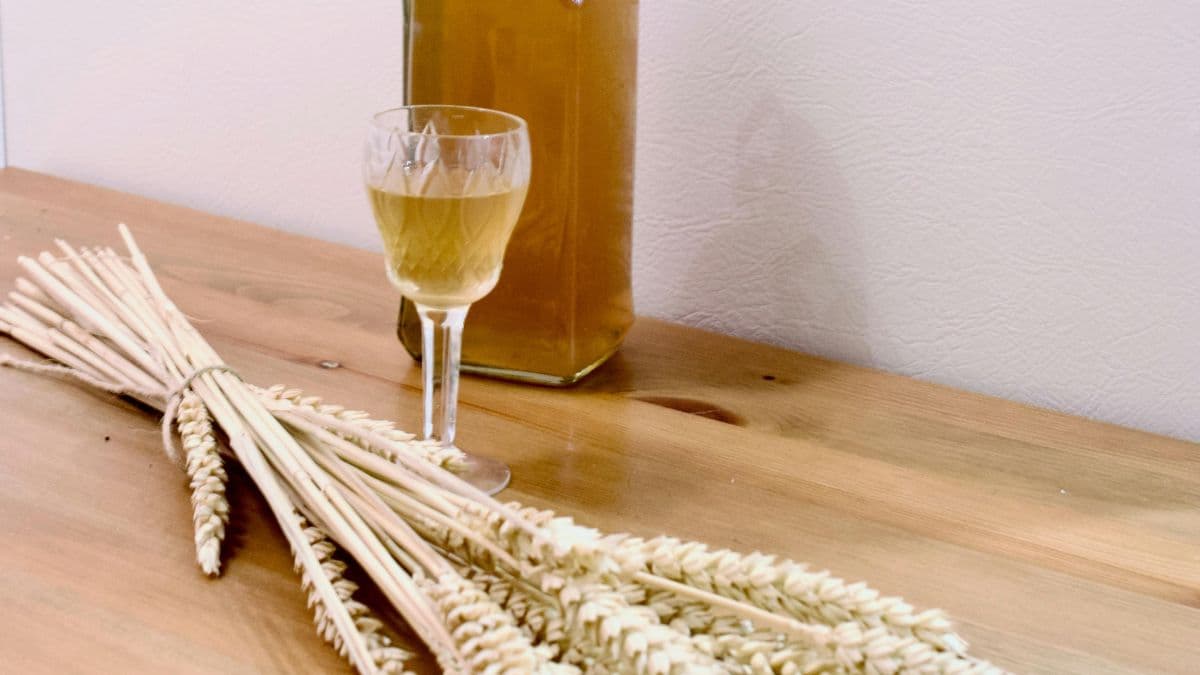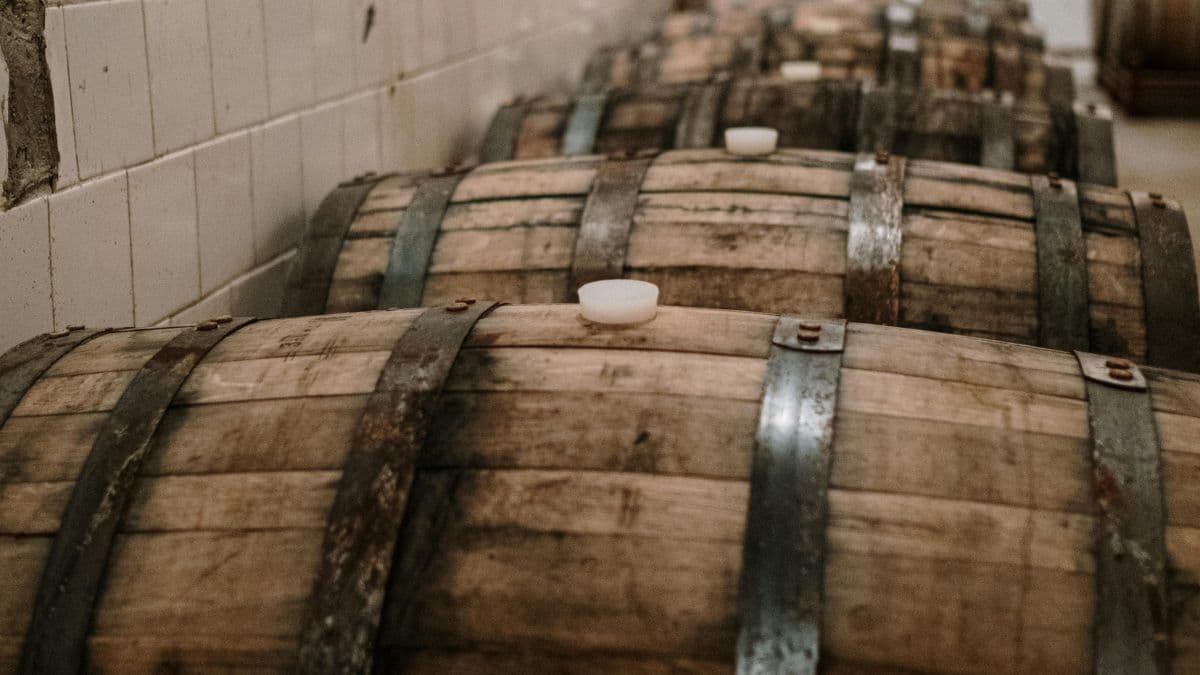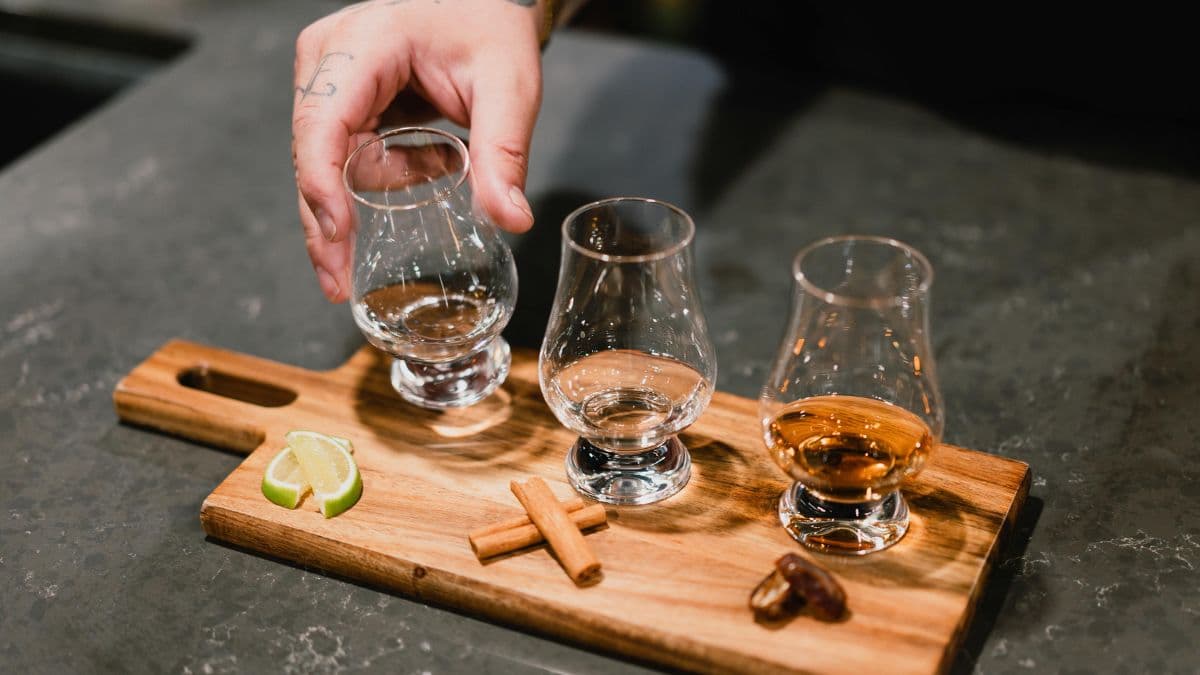Small Batch, Big Flavours: How Distilling Craft Cocktails Develops Deep Tasting Notes

When it comes to premium spirits, what imbues flavour and texture and develops a layered profile is the production process involved in crafting the liquors. One of the reasons small batch spirits are known for their exquisite flavour and deep profile is this exact production method that is rooted in precision distillation.
Small batch is then much more than just a buzzword used for referring to artisanal spirits — it is a term which denotes careful attention to distillation techniques, quality of the spirit and the precision in its flavour development. It is not for naught that small batch premium spirits are then many times associated with deeper and sometimes even unexplored, exquisite flavours.
Read on below to know more about the techniques involved in producing small batch distilled, premium spirits and how they contribute to developing deeper flavours in these liquors:

Knowing Small Batch Spirits
Small batch spirits are generally those which are produced in limited quantities, often in pot stills or specialised runs where the distiller’s focus remains on flavour consistency and developing nuanced concoctions. Each batch of the spirit is the recipient of the distiller’s hands-on attention, which means more emphasis on flavour development and bringing out the most from every ingredient and production technique used in the distillation and ageing of the liquor. Small batch liquors also become a creative space for distillers to experiment with lesser-known or unexpected flavours.

More Emphasis On Ingredients
What small batch craftsmanship enables distillers to do is source and put to use several seasonal or local grains, botanicals and fruits. Since production occurs on a very small, even artisanal scale, it is possible for them to incorporate fresher or more distinctive ingredients in liquors. This automatically translates into more flavour exploration and the creation of spirits which carry richer aromas, nuanced tasting notes and more local flavour profiles that highlight the terroir where the spirit is produced, distilled and aged.
Also Read: Making Craft Cocktails Using Ginger Ale? Do Not Miss Out On These Mixology Tips

Precision Distillation
Another interesting aspect of small batch liquor production is the precision that goes into the preparation of the spirits. This means that craft distillers often work with smaller copper stills that enable them to pay keen attention to the primary distilled spirit and the tasting notes left behind once the ‘heads,’ ‘tails’ and ‘hearts’ of the liquors are identified. Usually, the head is a whisky distillation term used to denote the slightly volatile compounds produced during distillation that often end up being discarded. Hearts are the rich and flavourful middle cut where the spirit’s character shines. And the tails are the heavy compounds which can be precisely managed while crafting small-batch spirits to lend only as much depth and concentrated flavour to a spirit as the distiller requires.

Experimentation With Spirit Styles
For a small-batch producer, it is often simpler to push the boundaries of traditional distillation methods or production processes to explore more creative possibilities involved in the making of different spirits. This can mean using unusual or unexpected cask finishes such as wine, sherry or rum to produce artisanal whiskies. It can also involve using hitherto unexplored botanicals for gin infusions, or reinventing the heritage grains that were once used in the creation of traditional whiskies. Producing spirits in small batches renders such experimentation possible, leading to more complex tasting experiences.

Flavour Development In Premium Spirits
Premium spirit makers can be greatly transparent with their production processes while crafting these small batch spirits. These liquors make for very interesting tasting experiences wherein whiskies with deeper malty, fruity or smoky layers can be explored in depth. This flavour development is the result of small batch production methods as is evidenced in the creation of artisanal gins in which botanicals shine more distinctly, often with regional character. Or even in the case of certain tequilas or rums, where terroir-driven flavours become robust and more expressive when developed in small, premium batches.
Drink Responsibly. This communication is for audiences above the age of 25.
